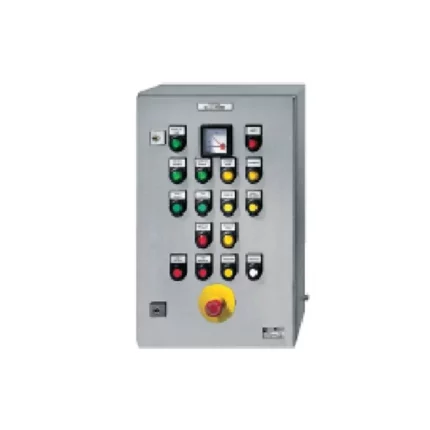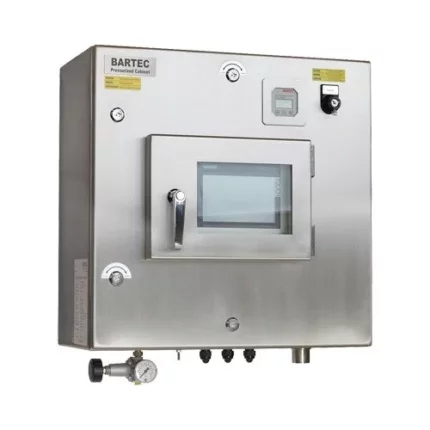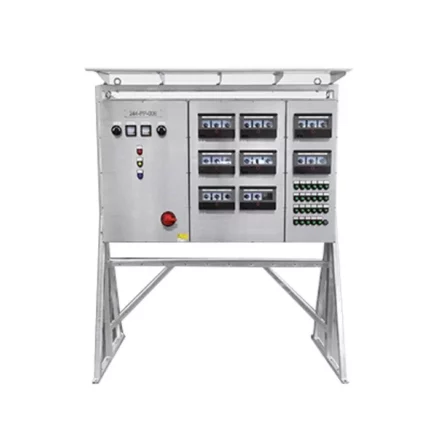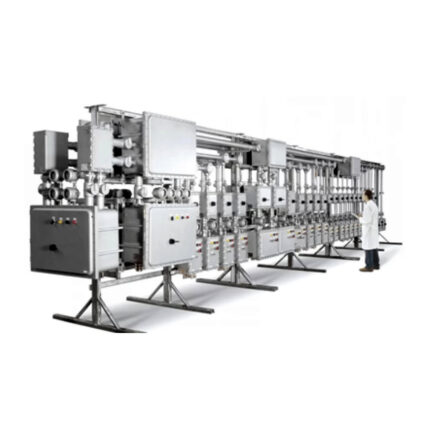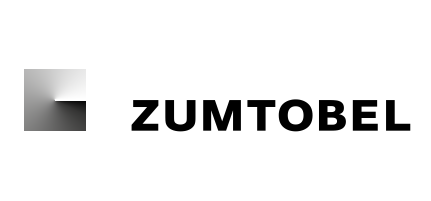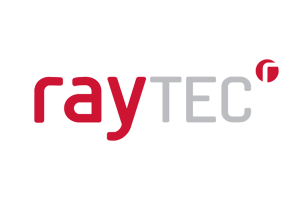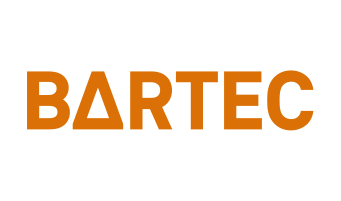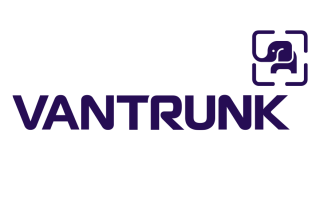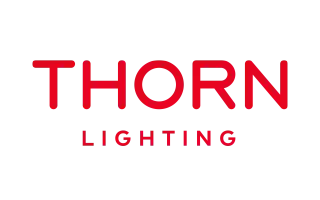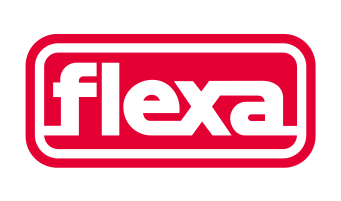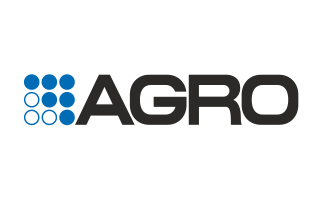
Blog
The Importance of Explosion-Proof Certification: Your Assurance Against Explosion Risks
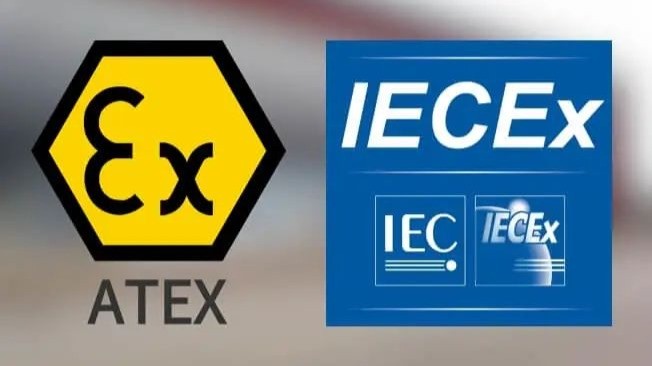
In industrial facilities, safety is one of the most critical priorities, not only for operational success but also for protecting human life. For equipment used in environments where flammable gases, vapors, or explosive dusts are present, the requirement for an explosion-proof structure is not only a logical necessity but also a legal obligation.
Why is Explosion-Proof Certification Necessary?
The certification process, which demonstrates that explosion-proof equipment complies with internationally recognized standards, not only ensures safety but also fulfills legal obligations. In this context, the most widely accepted certification systems are:
-
ATEX Certification (European Union) – Directive 2014/34/EU
-
IECEx Certification (International) – IEC 60079 Standard Series
-
Regional standards such as UL, FM, and CSA (United States, Canada, etc.)
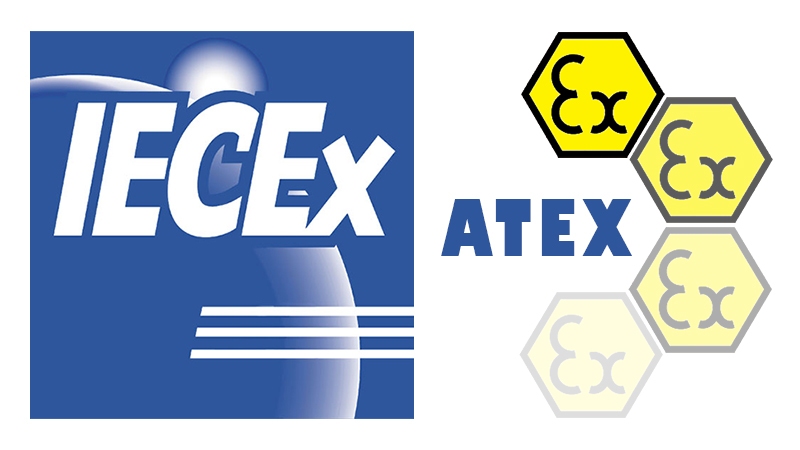
Within the scope of these standards, the equipment’s manufacturing process, material structure, flameproof integrity, temperature classifications, and installation procedures are rigorously inspected.
Using Non-Certified Explosion-Proof Equipment: The Invisible Danger
The use of a non-certified explosion-proof product in explosive atmospheres is not only a technical defect but also a negligence that may result in severe criminal penalties. Such violations may lead to the following consequences:
-
Fatal workplace accidents caused by explosions
-
Plant shutdowns and production losses
-
Exclusion from insurance coverage and financial damages amounting to millions
-
Administrative fines in accordance with the Occupational Health and Safety Law and EU-compliant regulations
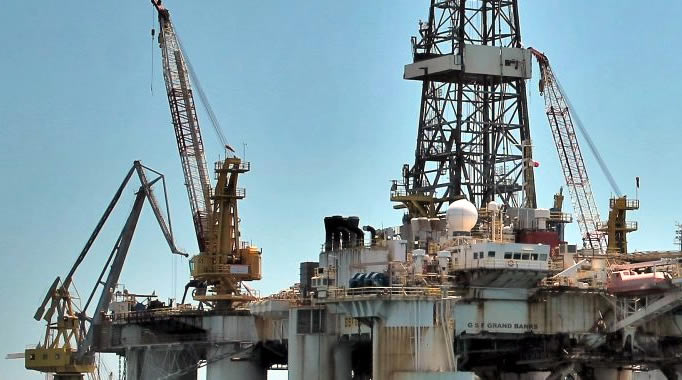
In Which Areas is Explosion-Proof Certification Mandatory?
According to ATEX, potentially explosive atmospheres are classified as Zone 0, Zone 1, or Zone 2, and the use of explosion-proof certified equipment in these areas is mandatory. Such areas include:
-
Oil and Gas Refineries
-
Chemical Plants
-
Paint Shops
-
Flour, Grain, and Food Production Facilities (dust explosion risk)
-
Fuel Filling Stations
-
Shipyards and Shipbuilding Facilities
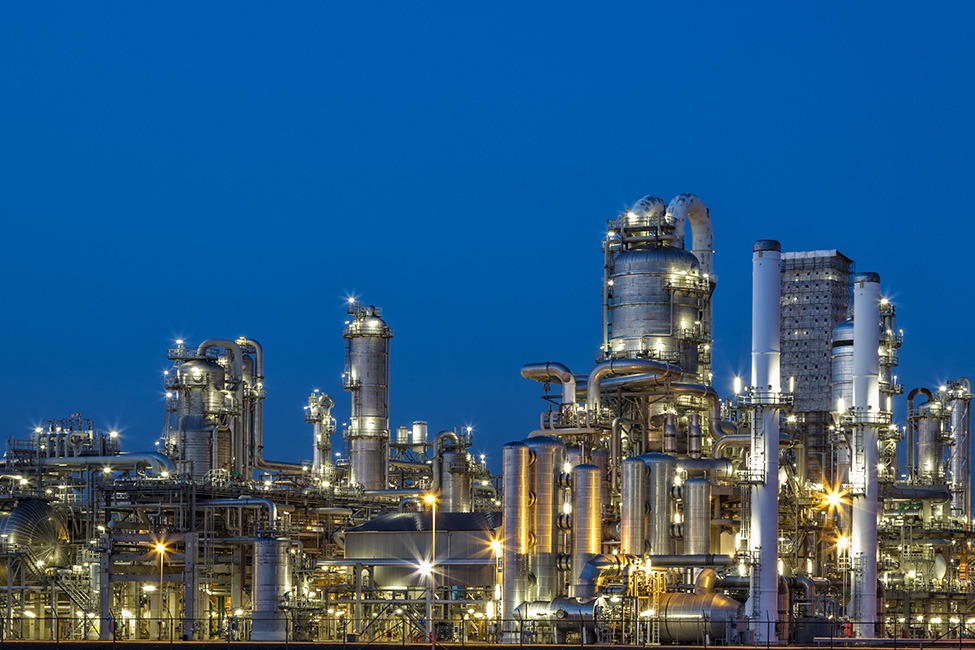
How Does the Explosion-Proof Certification Process Work?
– Design and Engineering Phase: Compliance inspection according to the IEC 60079 series
– Testing and Analysis: Flameproof integrity, thermal stress, and protection type tests (Ex d, Ex e, Ex i, etc.)
– Production Line Inspection: Regular audits conducted by certification bodies (e.g., TÜV, SGS, DNV)
– Certification: Issuance of ATEX or IECEx certificate
Safe Infrastructures with ETHOS Energy
ETHOS Enerji provides internationally certified products for all explosion-proof panels, luminaires, and control systems intended for use in hazardous areas. Our products comply with standards such as ATEX and IECEx, contributing to the safety culture of your operations.
The use of equipment without explosion-proof certification can lead to irreversible consequences. For this reason, it is vital to work not only with products but also with business partners that provide certified safety solutions. At ETHOS Enerji, we continue to deliver solutions in compliance with international standards to ensure your safety.
